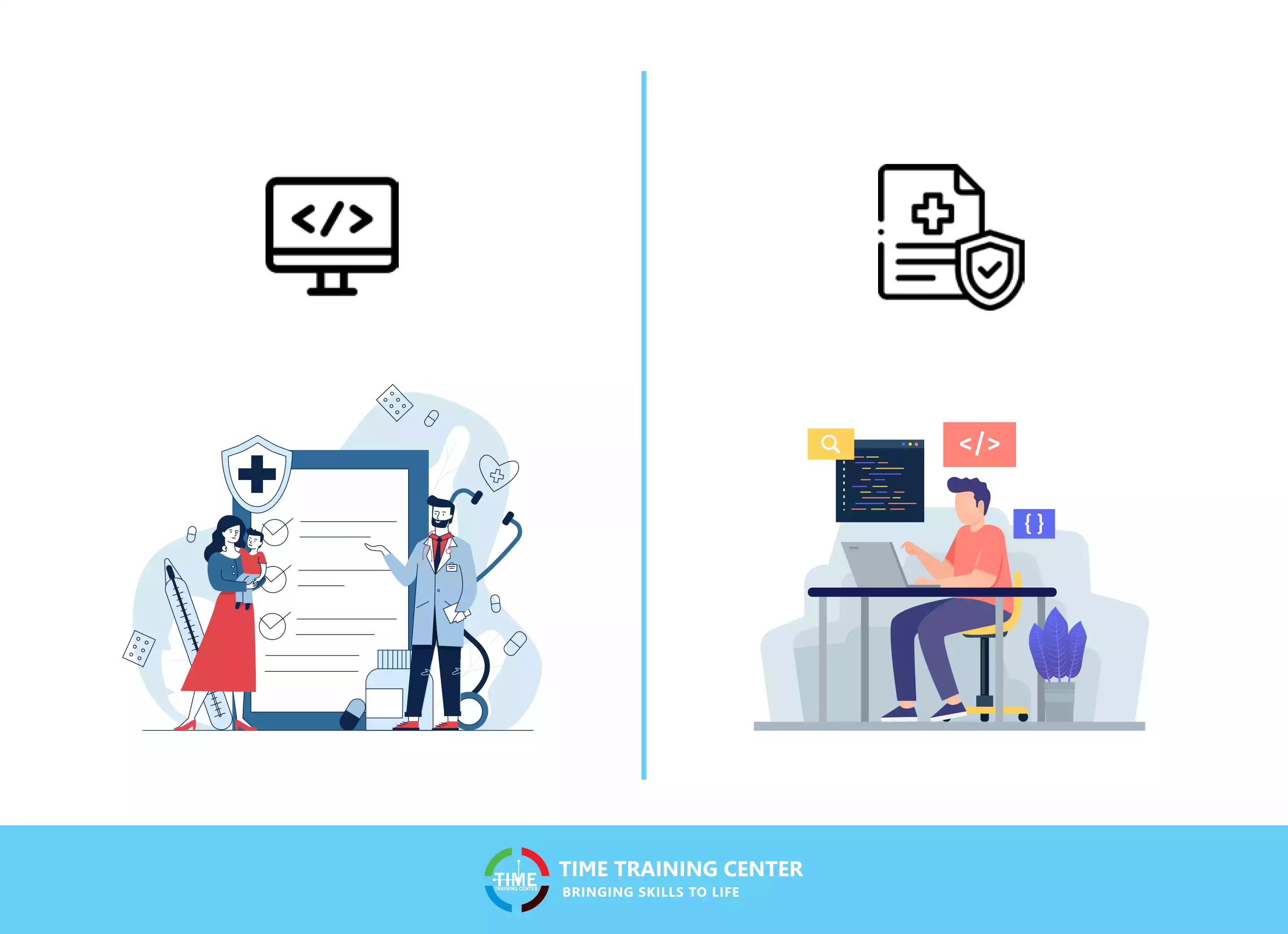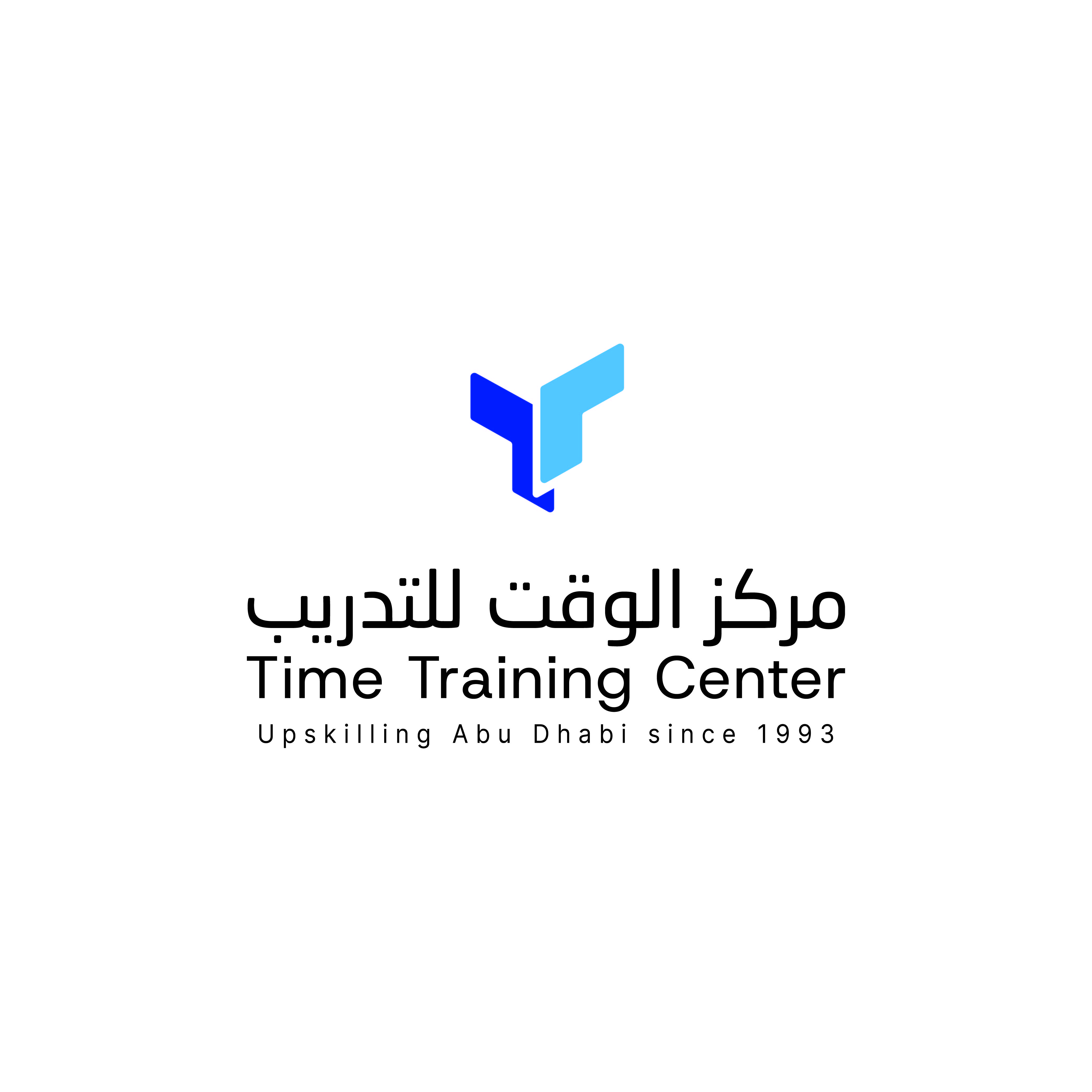Because Medical billers and coders work in tandem to facilitate the health revenue cycle, people often refer to medical billing and coding as a single discipline however these two differ. While Medical coders and billers work with codes, it is the job of a coder to interpret the care provided for patients into codes a computer system can understand. In contrast, the medical biller then makes use of the instructions provided by coders to file insurance claims and post payments to accounts.
Also Check Out: How to become a Medical Coder?
Medical Billing vs Medical Coding
Medical coding and medical billing are processes used by administrative professionals in the healthcare sector to manage insurance and patient billing. Although medical billing and coding are separate roles, they aim to ensure the doctor's office or clinic where they work receives payment for the services health care practitioners provide. Here's a basic overview of both positions and what differentiates them.
A high school diploma or GED is a minimum requirement for employment as a medical biller. A medical biller must also possess an associate's degree or certificate in finance or medical billing to work for some businesses, but others may prefer experience to education in this position. Due to the frequent use of medical language and specific coding in their work, medical coders frequently need at least an associate's degree from a school in medical coding and billing. On-the-job training on the software tools healthcare facilities employ to automate their billing operations is possible for both medical billers and medical coders.
Even though they perform different tasks, medical billers and coders occasionally collaborate to solve problems and handle interactions with insurance companies. Both coding and billing require a high level of accuracy and mathematical skill, as well as adherence to patient confidentiality rules like other healthcare providers. Medical billers, on the other hand, deal directly with patients and insurance companies when it comes to claims and payments, whereas medical coders typically work alone.
Read More: Medical Coding Job Opportunities
The American Academy of Professional Coders (AAPC), which also offers a Certified Billing and Coding Specialist (CBCS) certification for individuals who meet the requirements for both roles, offers a Certified Professional Biller (CPB) certification for medical billers. As their f path entails specialities for various professions, medical coders have additional possibilities for certification. A medical coding course can help you achieve a valid AAPC certification. A number of certifications are offered by the AAPC for medical coders, including:
-
Professional Coder Certified (CPC)
-
Coder for Outpatient Procedures (COC)
-
Professional Inpatient Coder (CIC)
-
Risk Adjustment Coder Certified (CRC)
Medical billers' and coders' pay may differ by geography, educational attainment, work experience, and employer. Medical billers have an average yearly compensation of $30,806 whereas coding specialists make an average yearly salary of $47,481. Higher salaries may be earned by seasoned professionals in the field and those who double as billers and coders.
Think of medical billing as an independent job, and medical coding as an alliance position. Medical coders typically collaborate with doctors, administrators, and other healthcare professionals while working directly for healthcare organizations. Medical billers might be able to operate more independently, facilitating communication between the various parties involved in the billing process. For those with an entrepreneurial spirit who want to advance in the field of healthcare administration, billing may be the best place to start.
Splitting responsibilities are increasingly common in more extensive healthcare facilities. Hospitals frequently use professional coders and billers to handle their unique responsibilities because there is a greater need for billing and coding services within larger companies. Start your search with hospitals and other significant healthcare facilities if you're looking for your first entry-level medical billing or coding position.
To simplify the process and lower operational costs, it is more common to find employees who regularly conduct medical billing and coding in smaller firms like private practices and doctor's offices. As you complete your study and gain more professional experience in both billing and coding, you can look for this kind of position.
You May Also be Interested in: AAPC CPC Exam Preparation Tips
Necessary Skills for a Medical Biller or Coder
The tasks of medical billing and coding are not the most left-brained. The two roles are primarily analytical, yet creativity may be used when trying to manipulate a claim. There are several skills required for a medical coder/biller. Some traits must exist as follows;
-
Organizational Capabilities - The coding and billing systems are extremely intricate. Plus, you might have to deal with hundreds or even thousands of medical records depending on the size of the office you work in. If you don't maintain some form of organization, you'll probably drown in a sea of jumbled-up documents.
-
Abilities in Analysis - You will be working with records, figures, and money in both professions, so analytical abilities are a given. Being analytical in thought can help you hold yourself responsible for good form because everything needs to be in the right position and with the right codes.
-
Attention to Details - The most crucial characteristic of a skilled coder and biller is, by far, their attention to detail. A claim has multiple layers, and if it is denied, the coder must determine what went wrong and make it right. For a medical biller, all of the claims have already been coded and billed; your job is to simply collect the money owed in whichever way is required (as long as it's legal).
-
Team Spirit - You're a member of a sizable team that includes patients and medical staff. You need to be emotionally and mentally capable of interacting with others other than just yourself. Even if you are the sole coder or biller, you will still work with others. Add to it the patients who are concerned about being taken advantage of by the insurance industry.
To Wrap Up
Medical billers handle patient information, submit claims to insurance companies, and ensure that payments are received on time for medical services. Whereas the Medical coder researches and analyzes data needs for reimbursement. They also analyze medical records and identify documentation deficiencies. By pursuing a career in medical coding, you can work with healthcare experts without having to attend medical school.
One can become a true expert in billing and coding if one receives the appropriate professional IT training, and gain useful experience in both jobs. However, if you receive a diploma or associate degree, you must have realistic expectations. It can be very challenging to find an entry-level work-from-home job in billing and coding right out of college. You will need to put in a lot of effort and earn your way into the job you desire, just like in any other field.
 +971 2 6713828
+971 2 6713828




